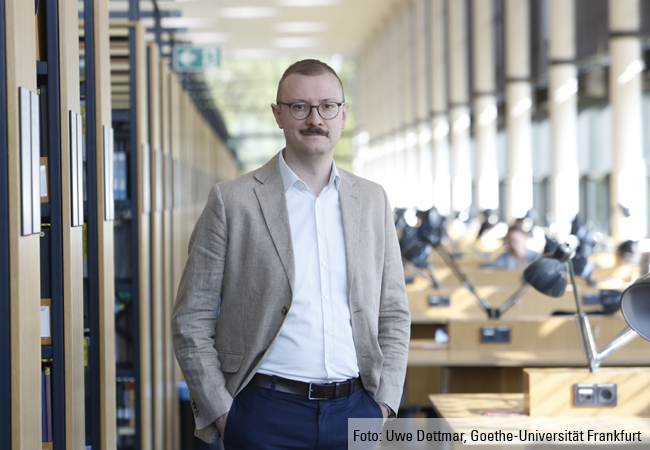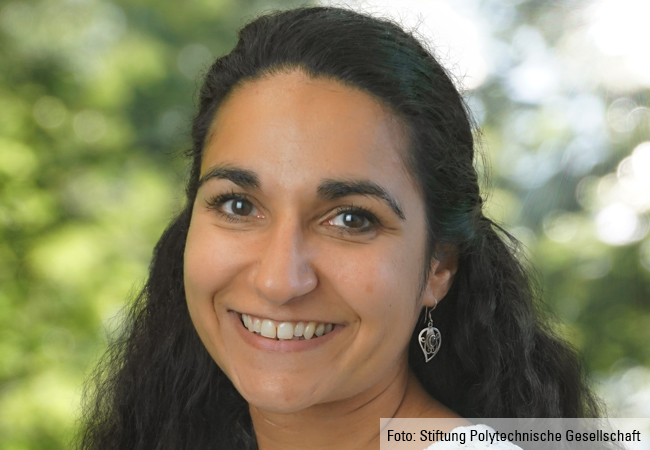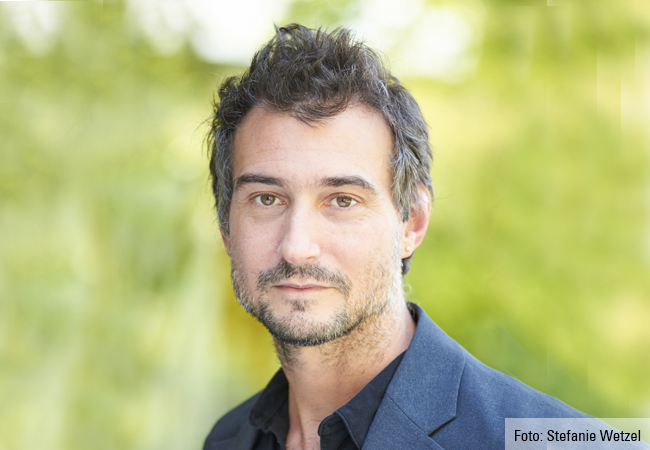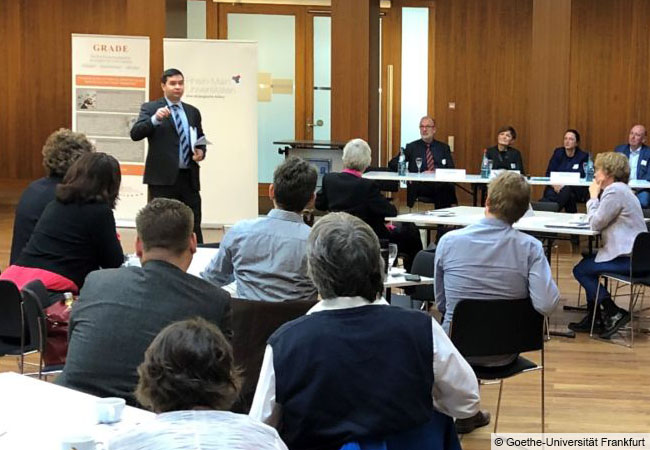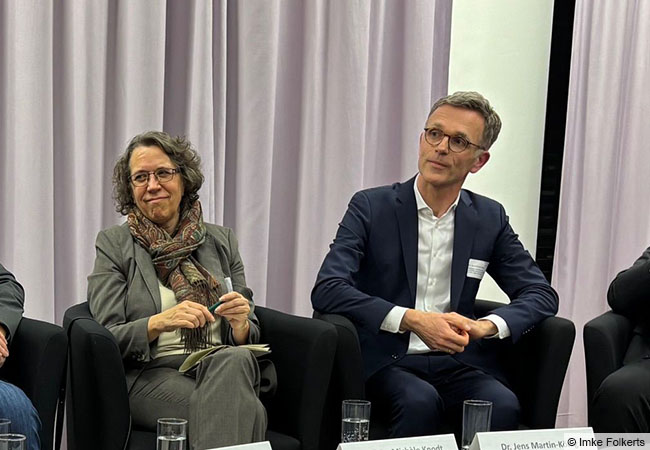The conference “Vicki Baum and America”, organized by PD Dr. Julia Bertschik and Prof. Dr. Bernd Zegowitz, was the first to focus comprehensively on Vicki Baum’s multifaceted work and life in the USA.
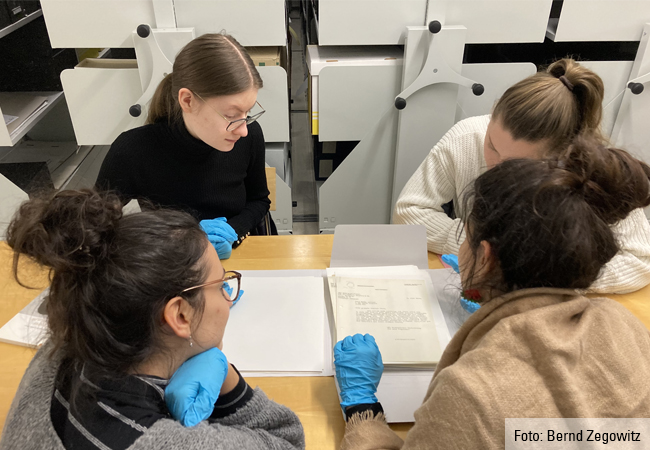
A conference report
In late March 1932, Vicki Baum embarked on the steamer “Europa” to sail to her new home in the US. It is difficult to gauge whether it was career considerations, i.e. the prospect of better opportunities as a writer, or political reasons that led her to leave Germany before the Nazis seized power in January 1933. Baum herself said, in looking back, that she had been warned by foreign correspondents about the danger of Nazism as early as 1931, during her first visit to America. Moreover, she could hardly have failed to notice that her 1929 bestseller Menschen im Hotel (later published in English as Grand Hotel) was being lambasted by newspaper critics, who stirred up hate against the “Jewish asphalt literati” whose books would be burned only a short time later.
Unknown oeuvre in and about America
Although Vicki Baum’s time in Germany, when she worked as an editor and author for the Berlin publishers Ullstein, is now well researched, there are no comprehensive studies of her life in the US – even though she became an American citizen in 1938 and from the 1940s onwards wrote in English. There has also been little or no attention paid to date to her wide-ranging oeuvre in and about America, in which she (unlike many other literati émigrés) successfully built on already “Americanized” concepts of her Weimar period (city and hotel novels). At the same time, Baum also generated completely new topics and forms in her encounters with other languages and cultures, and her analysis of fascism, war, adaptation and resistance in her “old home” of Austria and in Germany.
The conference entitled “Vicki Baum and America” was organized by Dr. Julia Bertschik (Freie Universität Berlin) and Prof. Bernd Zegowitz (Goethe University Frankfurt) and held in cooperation with the German National Library’s “German Exile Archive 1933–1945” from April 10 to 12, 2024. It was the first conference to comprehensively address this complex topic, with a view towards filling research gaps and supplying impulses for further study.
Vicki Baum is an illustrative example for a particularly detailed discussion of the concepts of “exile” and “exile literature” – both of which are examined with greater differentiation in transhistorical and transnational terms in more recent research. Given that she had left for the US before 1933 with prospects of forging a career there, Baum was initially stripped of her status as an exile. With origins in the multinational Habsburg Empire, and having moved from Austria to several German towns, and finally from Berlin to New York and Hollywood, including the associated linguistic switches, the translinguality and multilingualism of Baum’s texts, and the act of writing in between various cultures, the main question became to what degree these aspects – in her case – should be considered phenomena “typical” of exile literature. An alternative view being that, from the outset, the polyphonic writing styles of the former musician might be considered more of a literature with a cosmopolitan and global orientation (which was probably the reason for its international success) – which was fostered under the conditions for exiles in the US.
Early tales from the ghetto
The conference also addressed the question of Baum’s relationship to Judaism. None of her statements suggest she tackled the subject of, let alone identified with, her Jewish family (history), even though she (again) lived in a Jewish environment in California. This distancing, or even rejection, contrasts with the ghetto tales from Baum’s early works. In fact, while in American exile, she added a related film outline about the life of Heinrich Heine and his experience with Frankfurt’s Judengasse to them. More explanatory context came from Baum’s late autobiographical and literary writing about her home city of Vienna and, from several different perspectives, about Nazi Germany.
Vicki Baum’s interest in America dates back to her early days of writing for Ullstein, a media corporation whose market activities were increasingly aligned with successful US practices. Baum’s novels written in exile are frequently about (North) American ways of life and the “American type” with regard to European cultures and not least to German-speaking living environments. It being an ambivalent concept that could certainly change from one work to another and all criticism notwithstanding, “America” turned out to be a fascinating laboratory of alternative living. Whereas Walter Benjamin wanted to unveil and decode the Paris passages, and Siegfried Kracauer set out to deconstruct Jacques Offenbach’s Paris as a simpler model of a complex late capitalist present, Baum had her sights fixed firmly on the present. Her novels play out in the film business, in a large department store, and in the automotive and oil industries.
Broadway hit Grand Hotel
The conference also took a more detailed look at the media transformations of Baum’s novel Menschen im Hotel (1929). Her emigration to the US was in fact made possible by the overwhelming success of William Drake’s dramatized English translation, Grand Hotel, which became one of Broadway’s greatest hits in 1930s New York (and provided the basis for the script of the 1932 Oscar-winning film).
Also presented at the conference was the German-Austrian DACH project “Vicki Baum: Kommentierte Edition ausgewählter Werke” (“Vicki Baum: annotated edition of selected works”, headed by Dr. Julia Bertschik and Dr. Desiree Hebenstreit), including the website accompanying the volumes, “vicki-baum-digital”, as well as the student exhibition project curated by Dr. Sylvia Asmus and Prof. Bernd Zegowitz entitled “Schriftstellerinnen im Exil in den USA” (“Female writers in exile in the US”). Four students presented the conceptual design and selected contributions for the exhibition, which was developed in a seminar run jointly by the Institute of German Literature and its Didactics at Goethe University Frankfurt, and the German Exile Archive, and can be viewed (in German) at: https://kuenste-im-exil.de/KIE/Web/DE/Navigation/Junges-Museum/Uni-Frankfurt/uni-frankfurt-schriftstellerinnen.html.
The conference also featured a reading by Ingrid El Sigai taken from Vicki Baum’s autobiographical exile novel Marion lebt (1942). And as Baum was a professionally trained harpist (she played at the premiere of Gustav Mahler’s Lied von der Erde conducted by Bruno Walter in 1911, for example), the reading was framed by three pieces of music performed by Frankfurt harpist Mélie Leneutre, illustrating another aspect of Vicki Baum’s life and work.
Julia Bertschik and Bernd Zegowitz
Julia Bertschik und Bernd Zegowitz
The academic contributions to the conference supported by Dr. Marschner Stiftung and the Freunde und Förderer (Friends and Supporters) of Goethe University Frankfurt will be published as a compendium.


